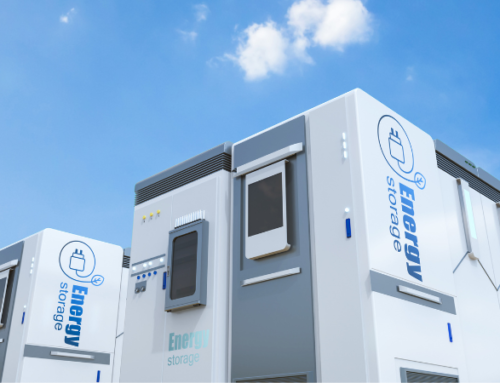As the push for renewable energy grows, so does the complexity of renewable energy contracts. One key element within these contracts is the energy curtailment clause. Understanding these clauses is crucial for anyone involved in renewable energy projects, whether you’re a developer, an investor, or a consumer. In this article, we will delve into what curtailment in renewable energy entails, when and why it occurs, and its implications. We will also explore how to navigate and understand the terms and conditions related to curtailment in renewable energy contracts.
What Is Curtailment In Renewable Energy?
Curtailment in renewable energy refers to the reduction or restriction of electricity generation from renewable energy sources, such as solar or wind, that is delivered to the grid or utility substation. Curtailment can occur for several reasons, but it essentially means that the energy produced by a renewable energy project is interrupted due to various constraints. Let’s explore more about why energy curtailment can occur below.
When Does It Occur And Why?
Curtailment typically occurs when the grid operator or the off-taker requests or requires a reduction in output from a renewable energy system. This can happen for several reasons, including:
Grid Constraints
Limitations in the electrical transmission or distribution infrastructure can prevent the grid from accommodating the full capacity of generated electricity. If there is too much congestion in a certain zone or node on the electricity grid, then the grid operator might ask for renewable generation sources to cease temporarily.
System Imbalances
To maintain system stability or match supply with demand, especially during unexpected surpluses of electricity, curtailment might be necessary. For example, if too much power is scheduled during a certain hour, and the grid cannot handle any additional input, a system operator might require wind turbines to be halted until the grid comes back into balance.
Maintenance Repairs
Planned curtailments for maintenance or repairs can occur to ensure safe and efficient grid operation.
Force Majeure Events
Extreme weather conditions or grid emergencies can necessitate curtailment to protect the grid’s integrity and safety. For example, during Winter Storm Uri in Texas, many assets were unable to produce power due to the extreme demand for electricity on the grid.
Implications & Impact For The Generator And The Off-taker
The implications of curtailment are significant for both the generator and the off-taker:
For the Generator
Curtailment can lead to reduced revenue since the asset may not generate and sell the expected amount of electricity. For energy generators that plan to produce a certain amount of revenue each hour to cover operating costs and turn a profit, a long period of curtailment can be devastating. To offset this, many regional electricity grids have capacity markets that allow generators to be paid whether they are producing electricity or not.
For the Offtaker
It can cause a shortfall in the expected purchase of electricity, potentially leading to higher costs or the need to source alternative energy. In some instances, if the curtailment is initiated by the off-taker, it could result in a breach of contract with the generating asset owner. This can happen in a solar power purchase agreement (PPA) if an off-taker needs to disrupt the solar system’s production for some unknown reason.
Understanding Terms in Contracts
Renewable energy contracts often include specific clauses addressing curtailment. These clauses define the conditions under which curtailment can occur and outline compensation mechanisms for curtailed energy. Key aspects to understand in these contracts include:
Curtailment Definitions
Precise definitions of what constitutes curtailment and the circumstances under which it can be invoked.
Compensation Provisions
Clauses detailing how the generator will be compensated for curtailed energy, such as financial payments or proxy generation calculations.
Notification Requirements
Obligations for the grid operator or off-taker to notify the generator of upcoming curtailments.
Understanding these terms is essential to mitigate the financial risks associated with the curtailment of electricity.
Need Help Deciphering A Curtailment Clause?
Energy curtailment clauses are a critical component of renewable energy contracts. They provide a framework for managing the energy risks and implications of curtailment, ensuring that both generators and off-takers are protected and compensated appropriately. As renewable energy continues to play a pivotal role in our energy landscape, understanding these clauses will be increasingly important for anyone involved in the sector.
If you have any questions or need further assistance with renewable energy contracts, please get in touch with our energy experts today.



